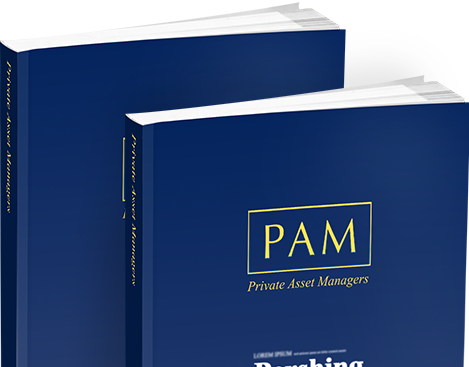Private equity involves direct capital investment into companies. Many investors will do this through private equity investment vehicles, rather than directly providing capital to a business, due to the large sums often involved in each investment.
There are three ways in which private equity managers invest in companies. They provide capital for early stage businesses, capital for established companies that require money to develop, or they provide finance for a management buy-out, or buy-in.
Private equity is an illiquid form of investment. It usually takes a number of years for a fund manager to find the right opportunities to invest his capital and it often takes many years to realise a return. This is primarily achieved through the company being acquired, or listing on a stock exchange.
It is difficult to judge the likely returns and correlation of private equity to other asset classes, because performance varies significantly from one private equity fund to another. Not only is private equity relatively illiquid, it can also lack transparency, can be risky and difficult to access. Nevertheless, there is the potential for much higher returns from private equity than from listed equities. Some investors choose to use collective funds to access private equity, because of the diversification these funds provide.
It can be a particularly attractive asset class for entrepreneurs who have become wealthy through selling a business, as a way of helping other liked minded individuals to build their business in a similar manner.
The PAM Directory is a comprehensive guide on comparative data focusing on asset managers, investment managers, private banks, stockbrokers, wealth managers and multi-family offices, who provide discretionary and/or advisory portfolio management services for private clients.
Order Now
Subscribe to PAM to hear about the latest news and promotions
Site Content Copyright PAM Insight Ltd 2016
This option is not available when logged in as a Private Asset Manager.
For registering with PAMonline. You should now receive an email asking you to verify your email address. If you do not receive this email, please call +44 (0)207 967 1601 for assistance.
To reset your password please enter code below.
To restore your password please enter your email below.
To see full information of the Private Asset Managers, plus the opportunity to rate and follow, login or register
For registering with PAMonline.
You should now receive an email asking you to verify your email address.
If you do not receive this email, please call +44 (0)207 967 1601 for assistance.
To return to the Home page, click here
To see full information of the Private Asset Managers,
plus the opportunity to rate and follow, login or register.
Please fill in all the fields.
To activate your account enter valid activation code below.
To resend activation email type in your registered email address below. Or contact the PAM office on +44 (0)20 7967 1608 to get instructions to activate your account.
